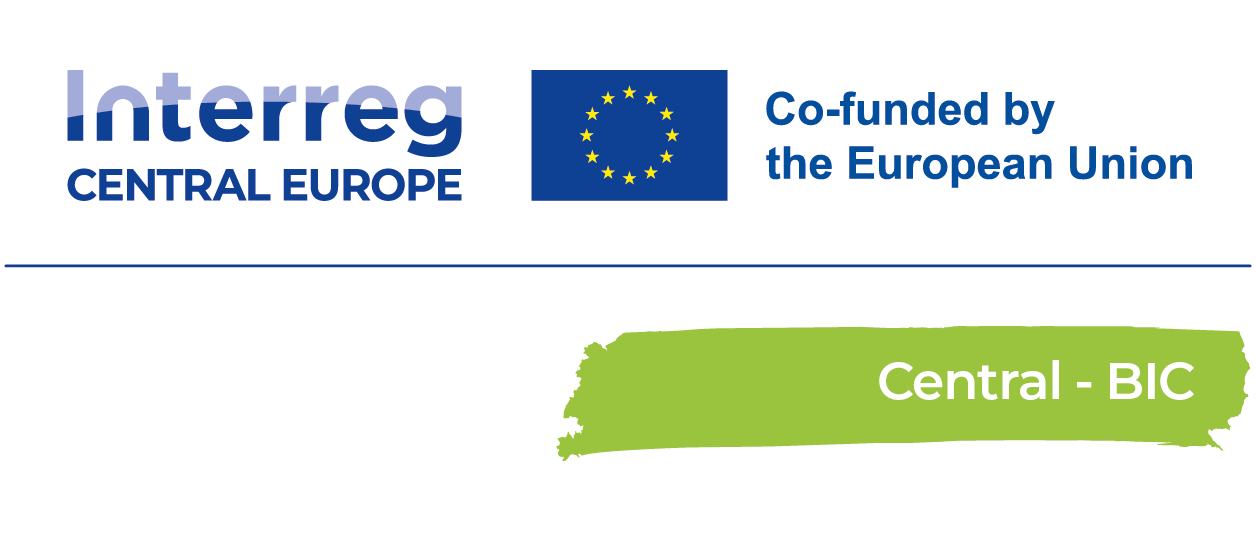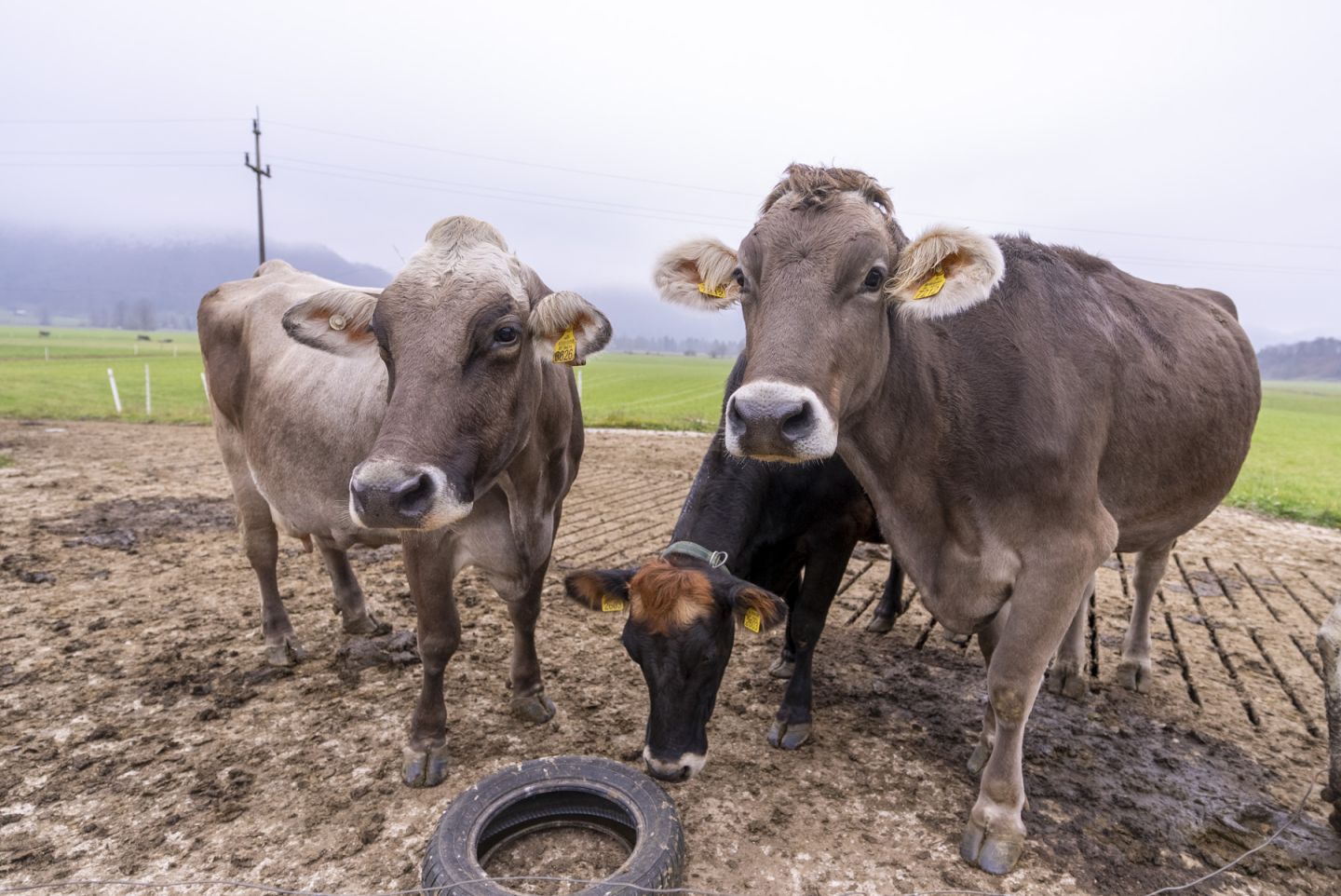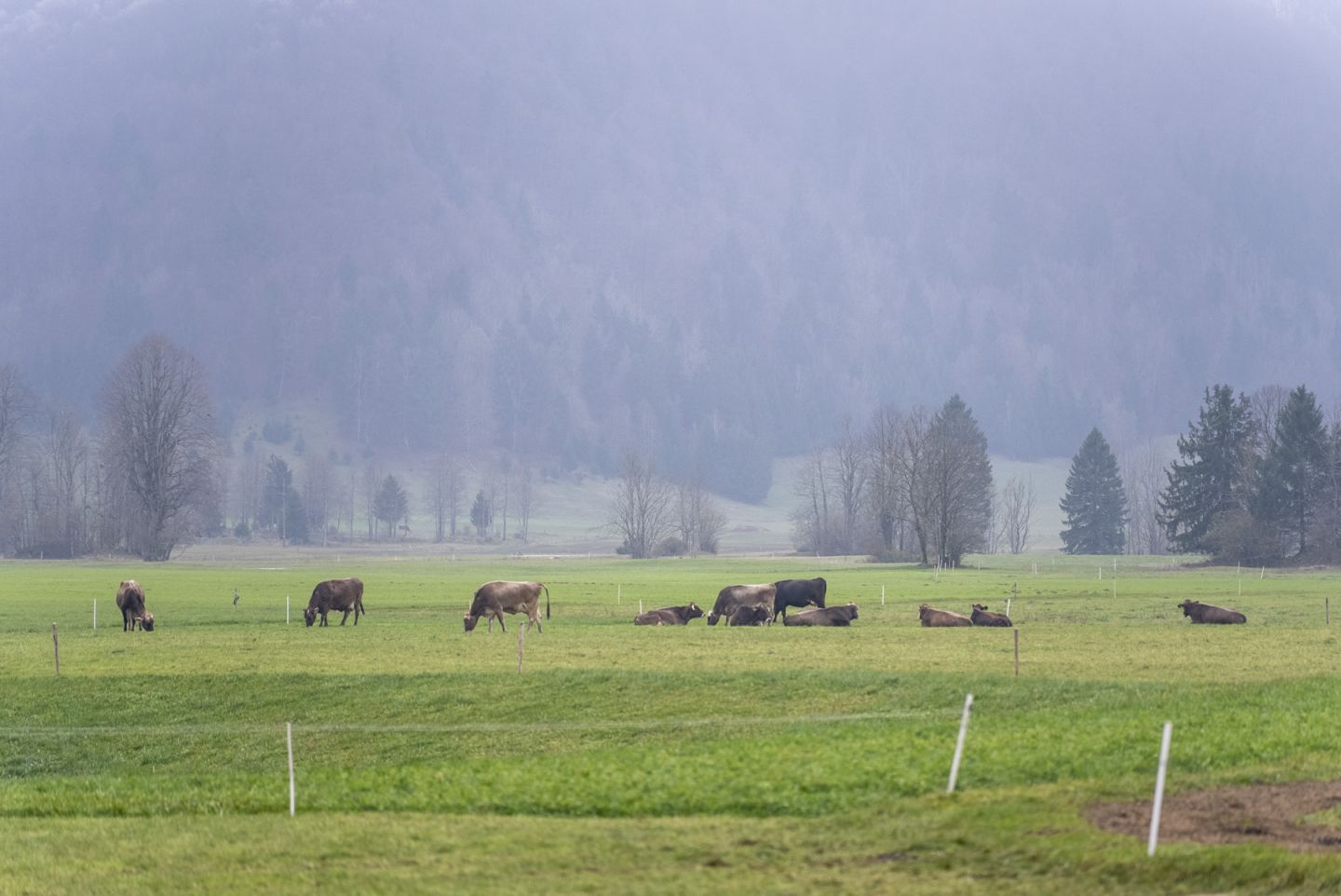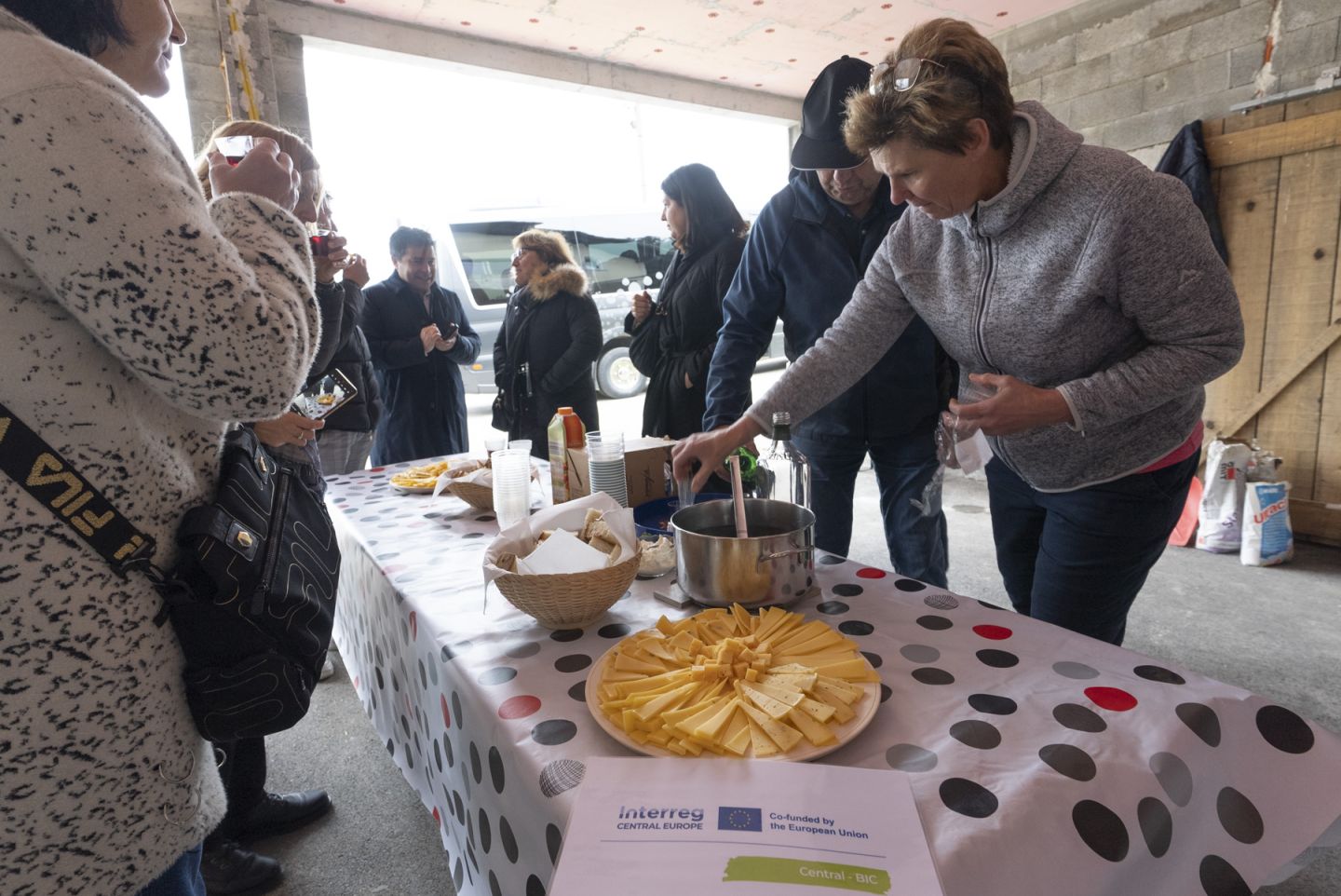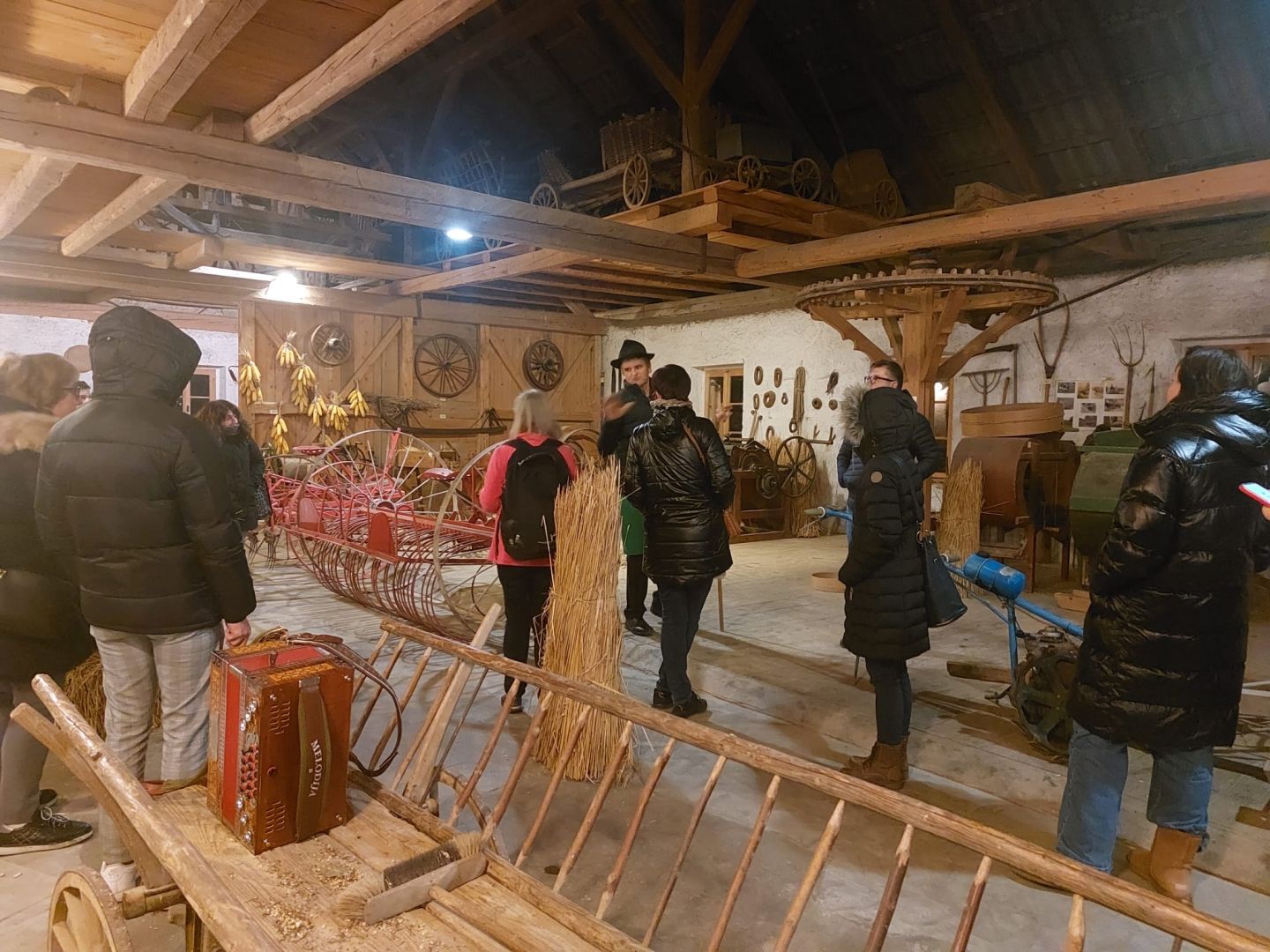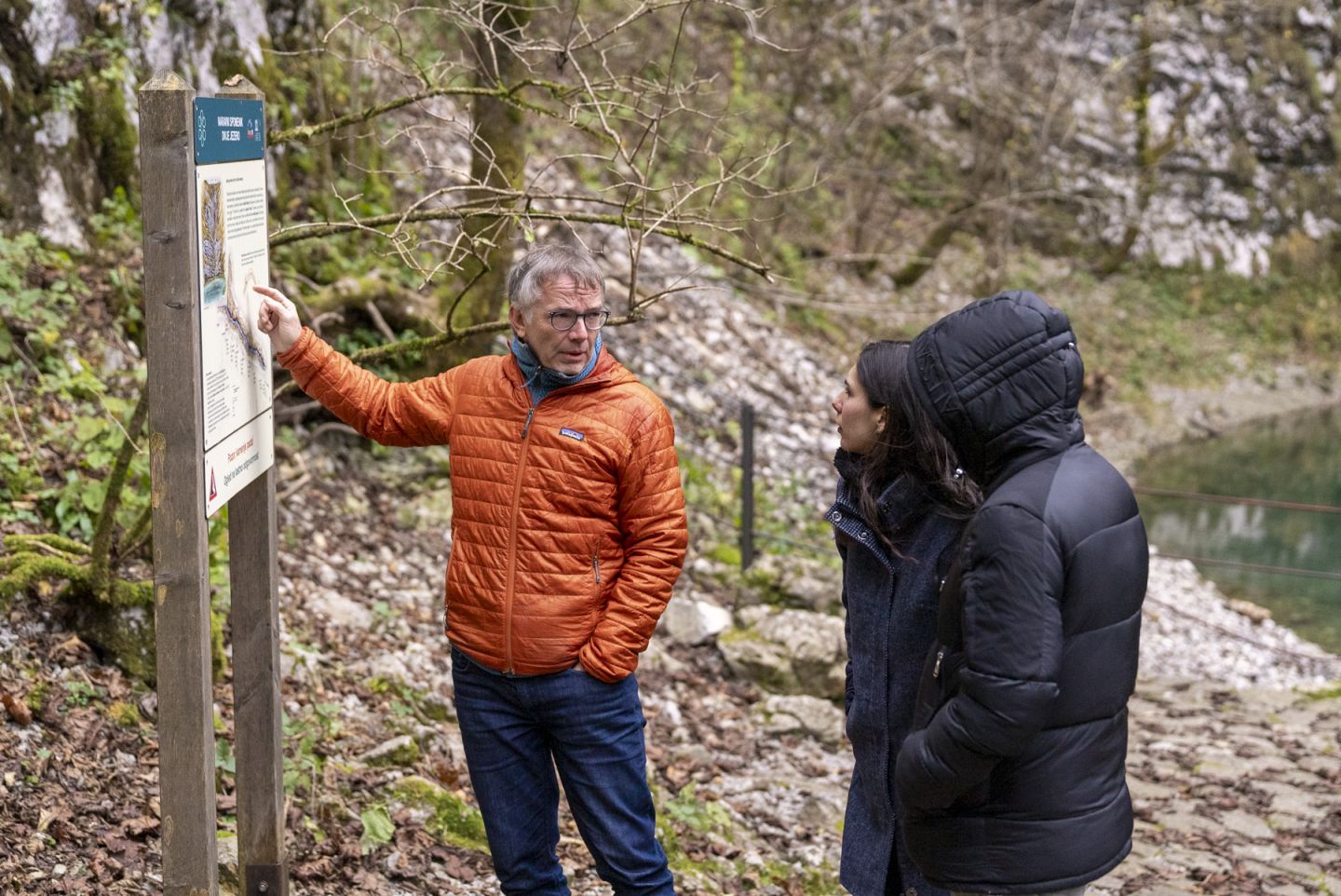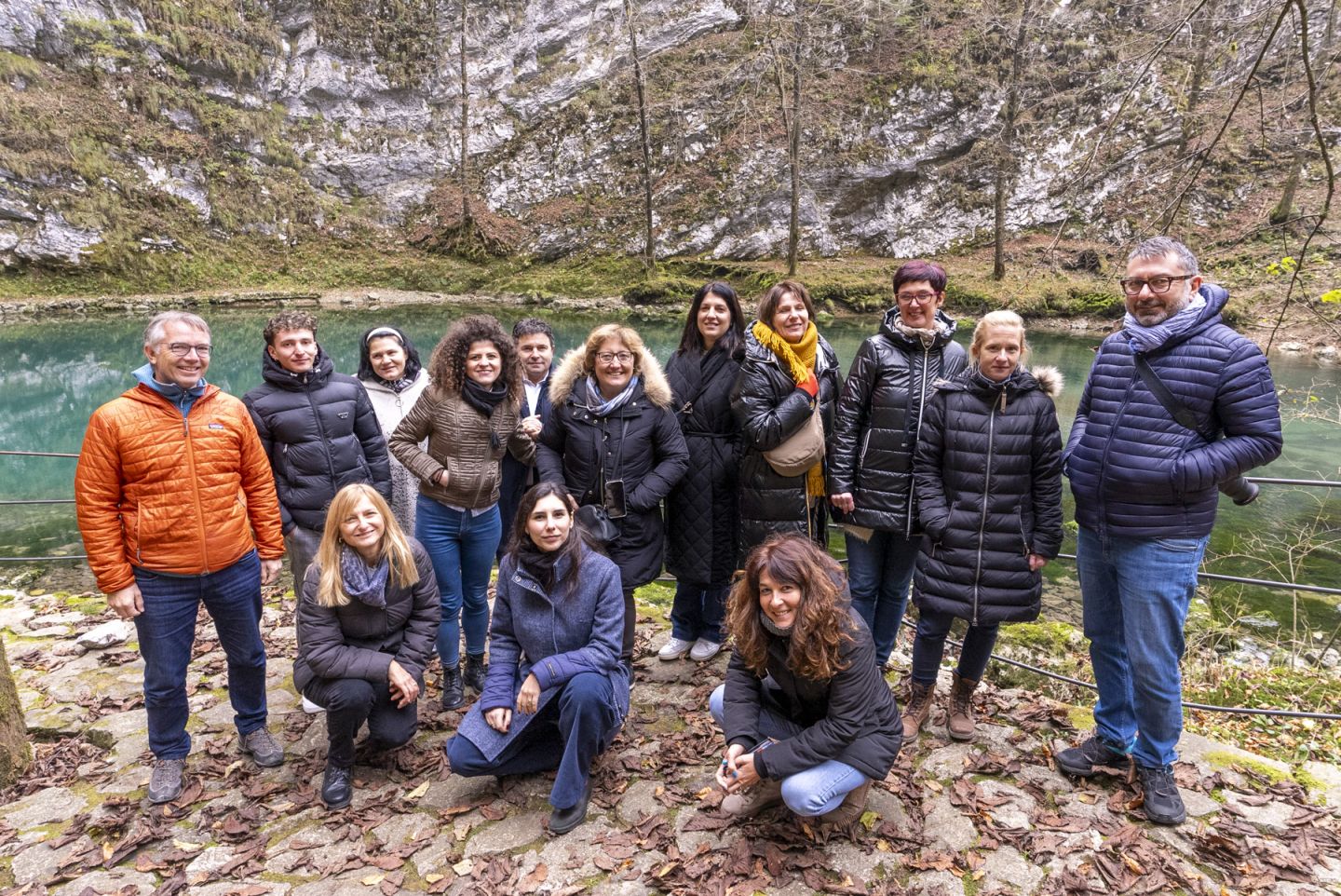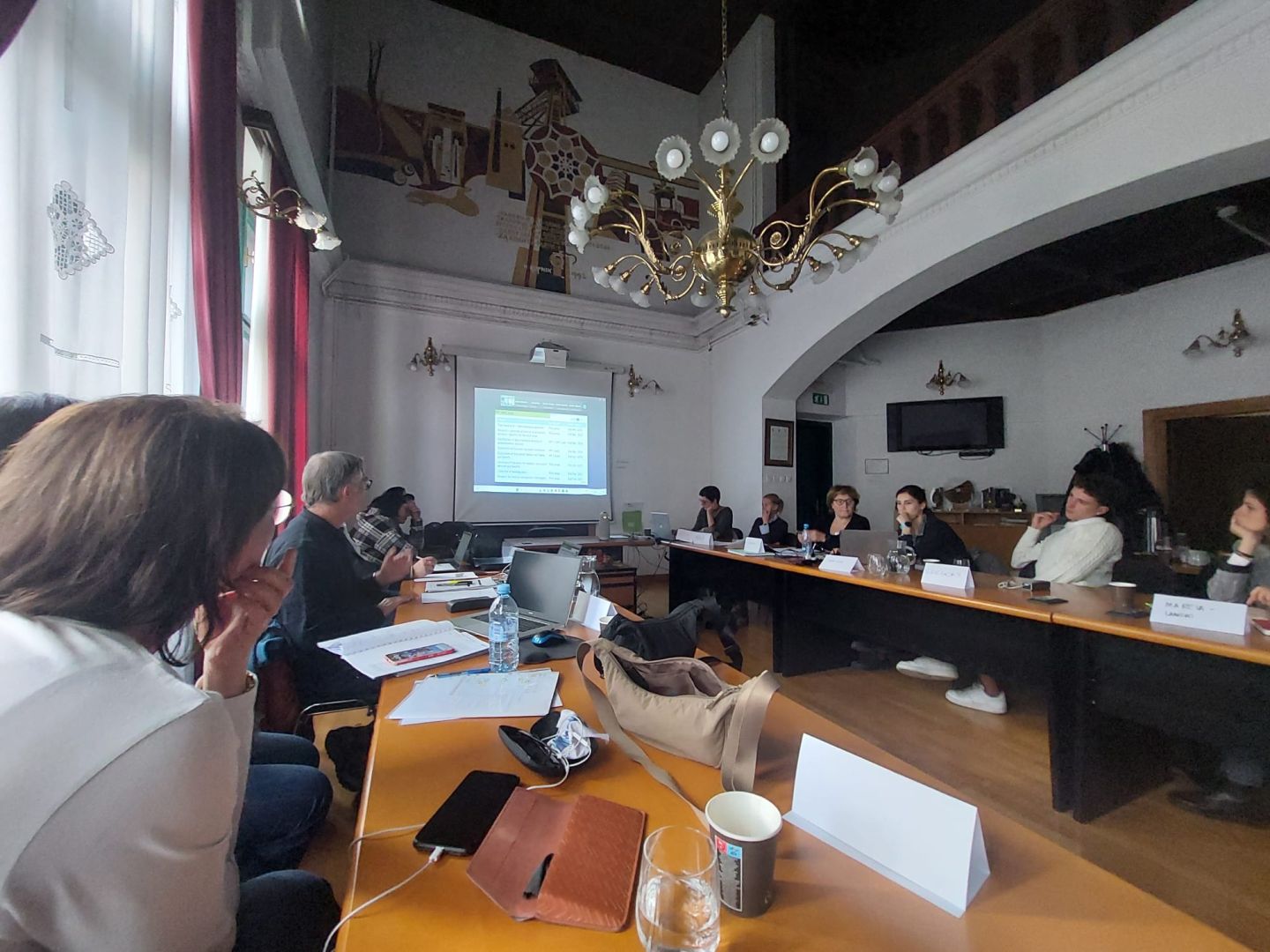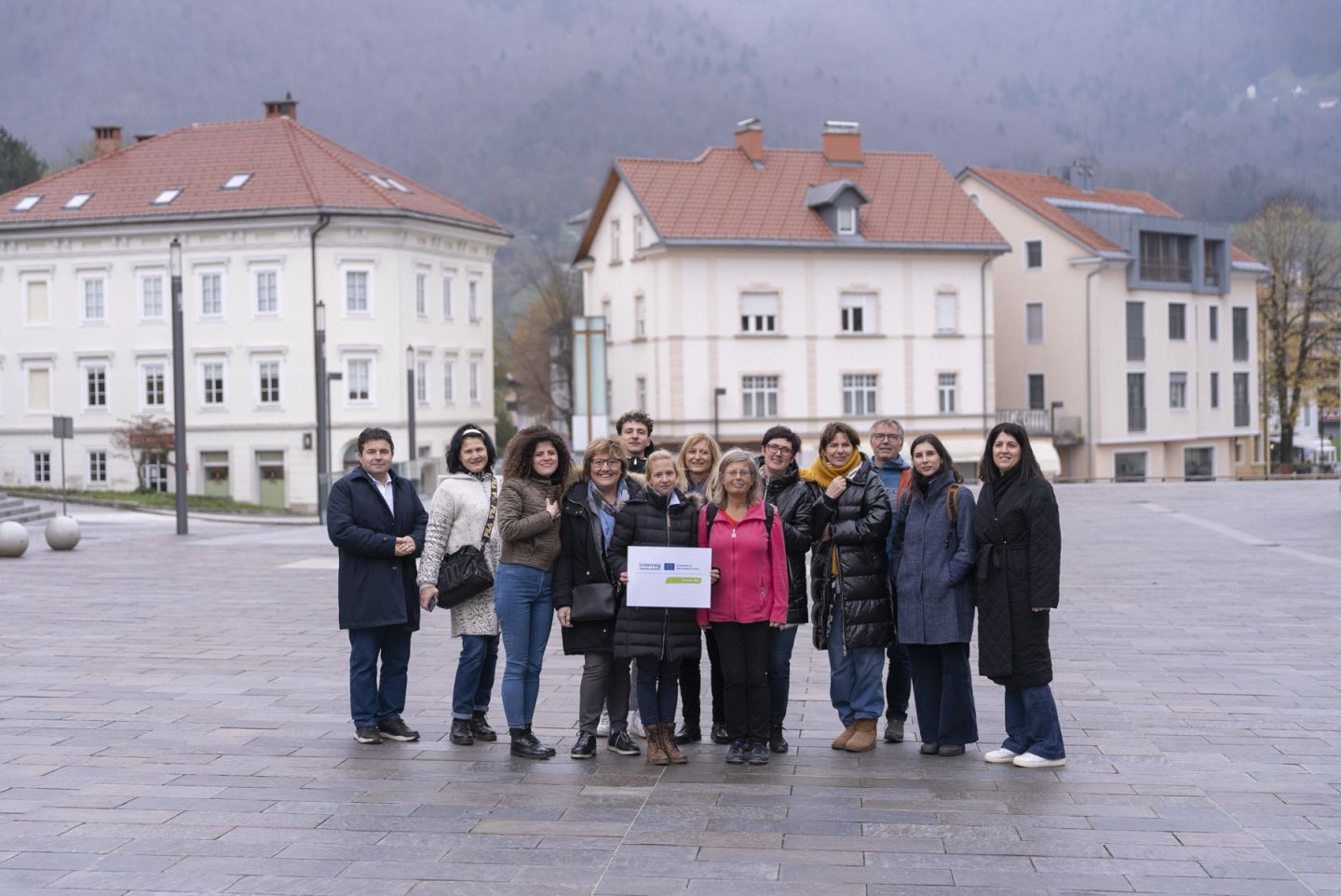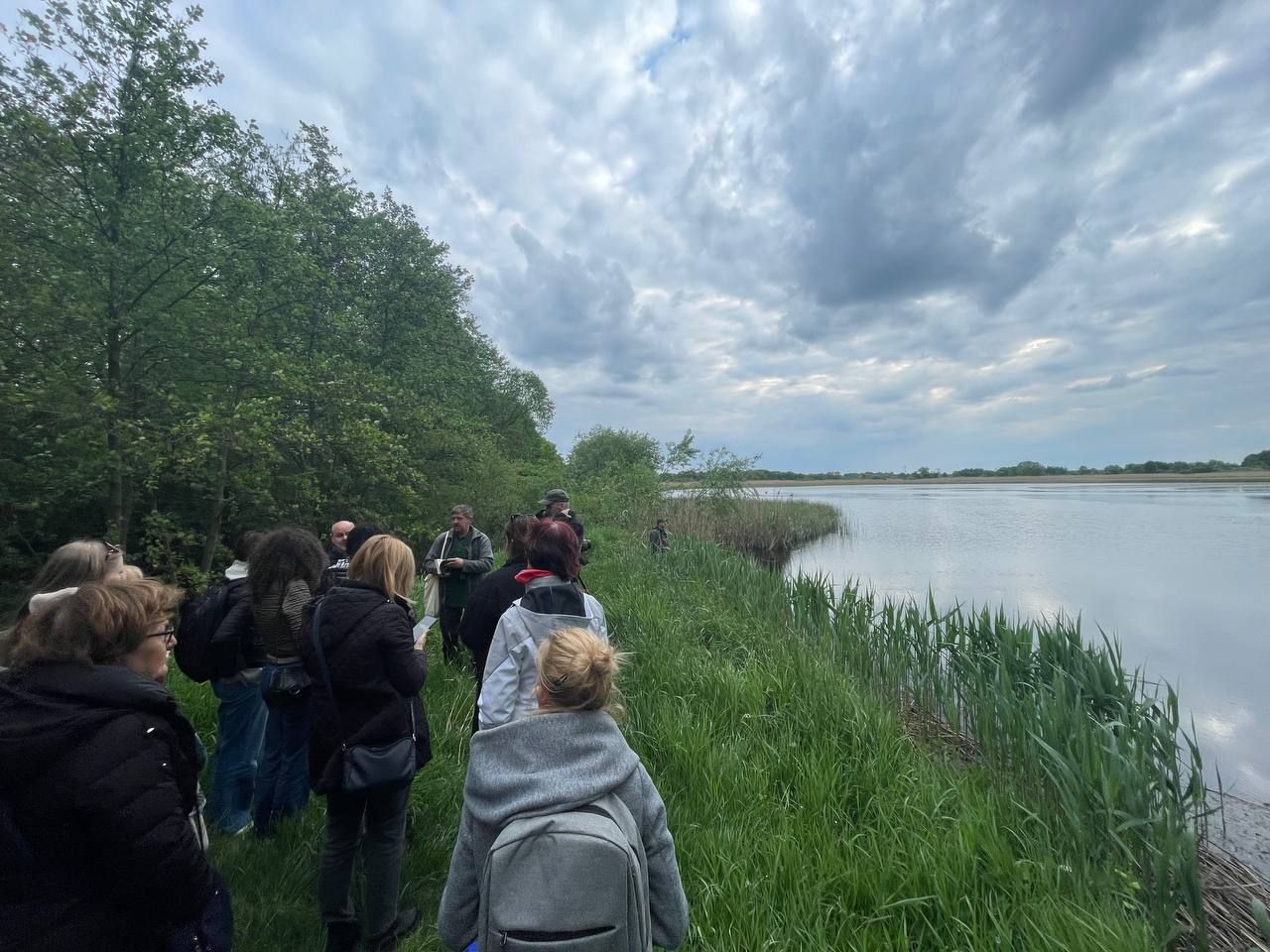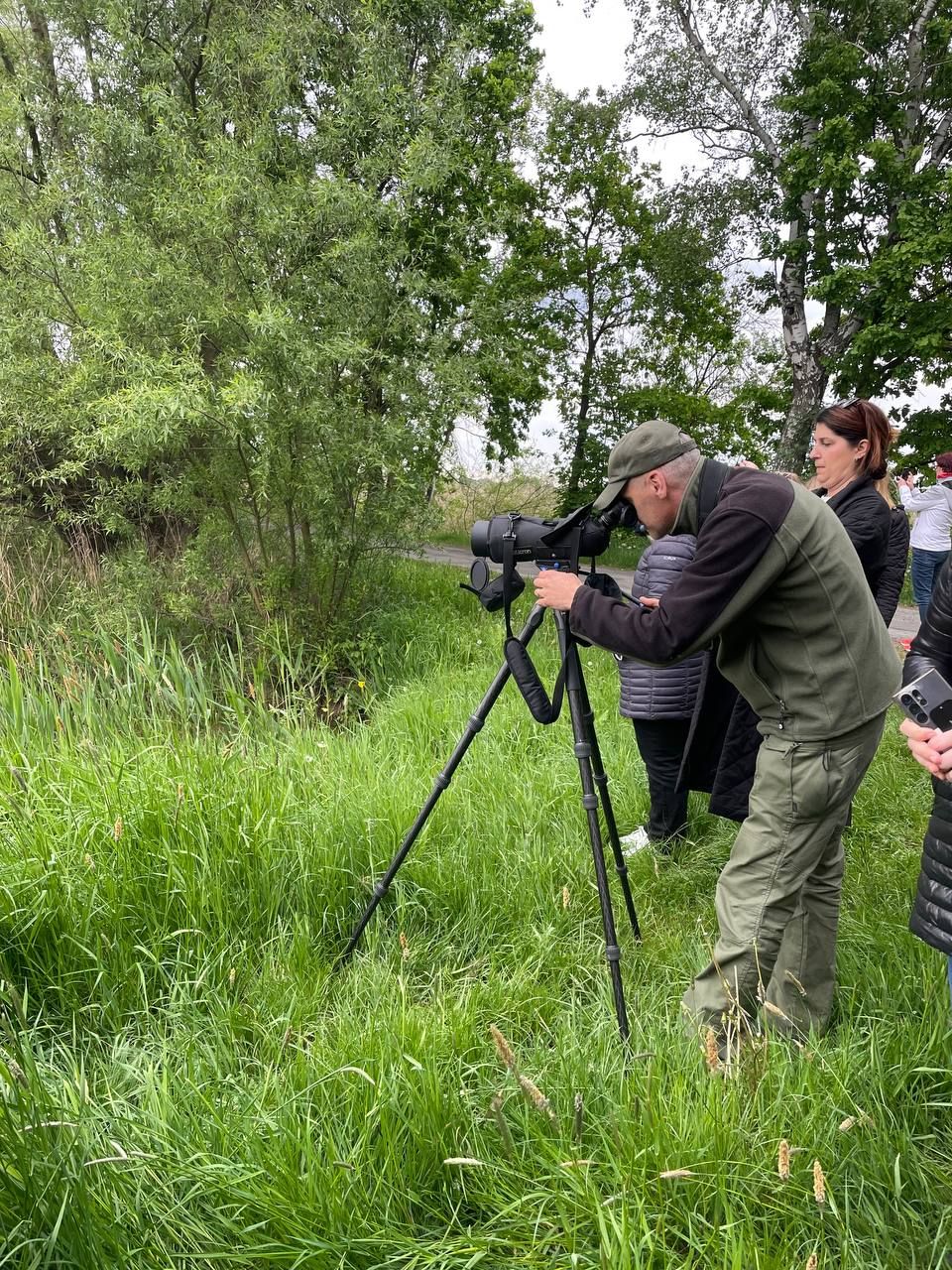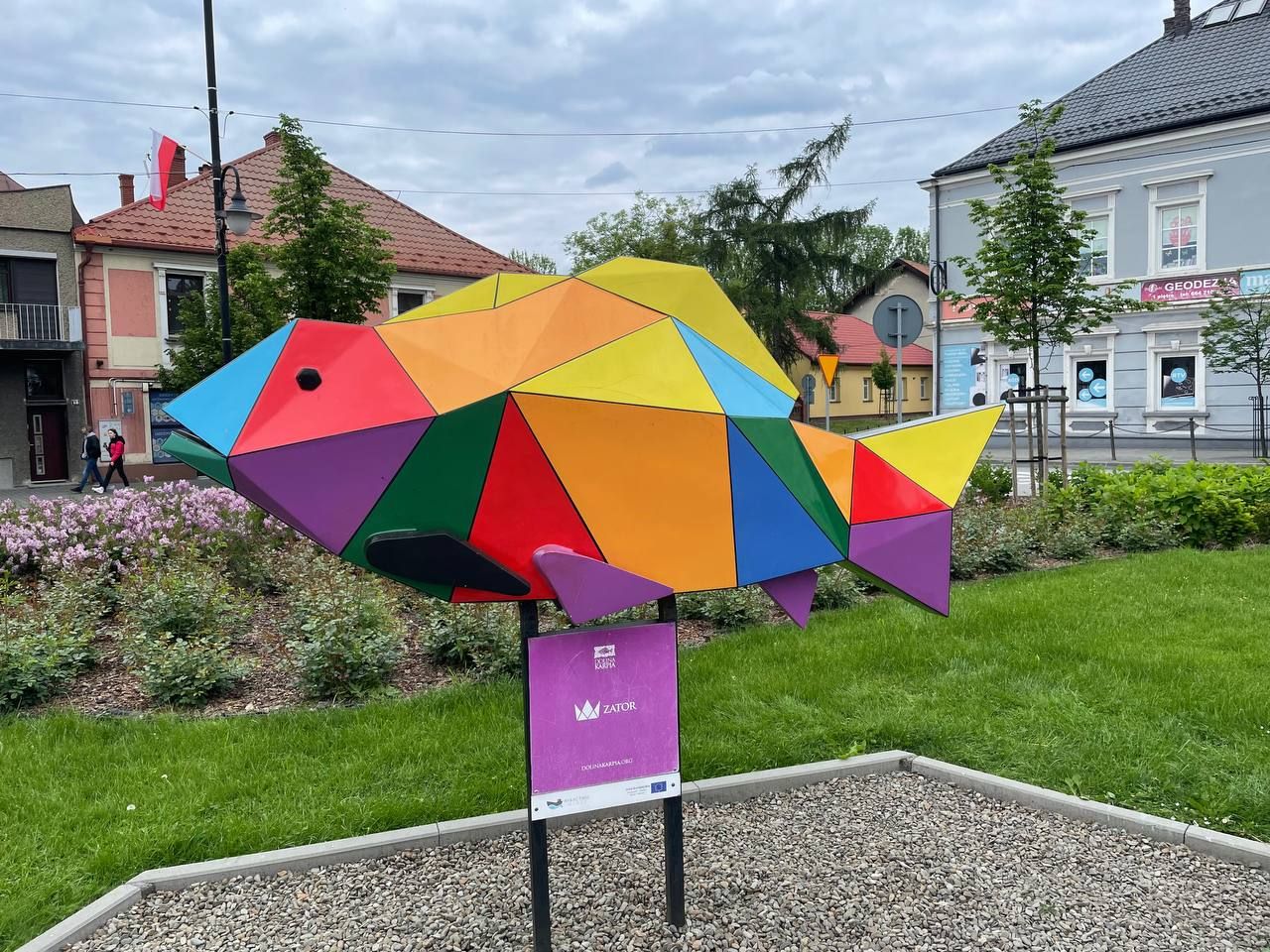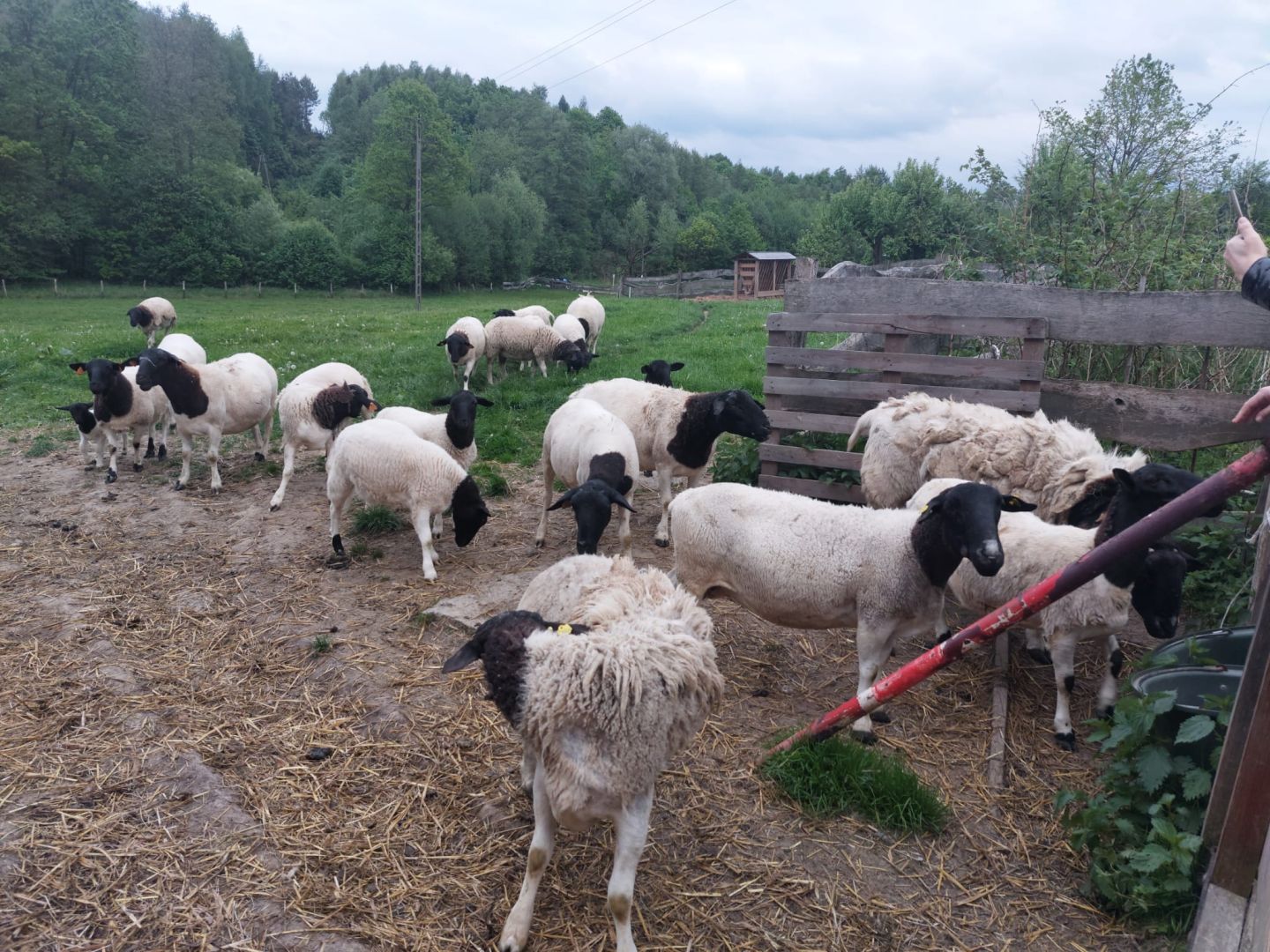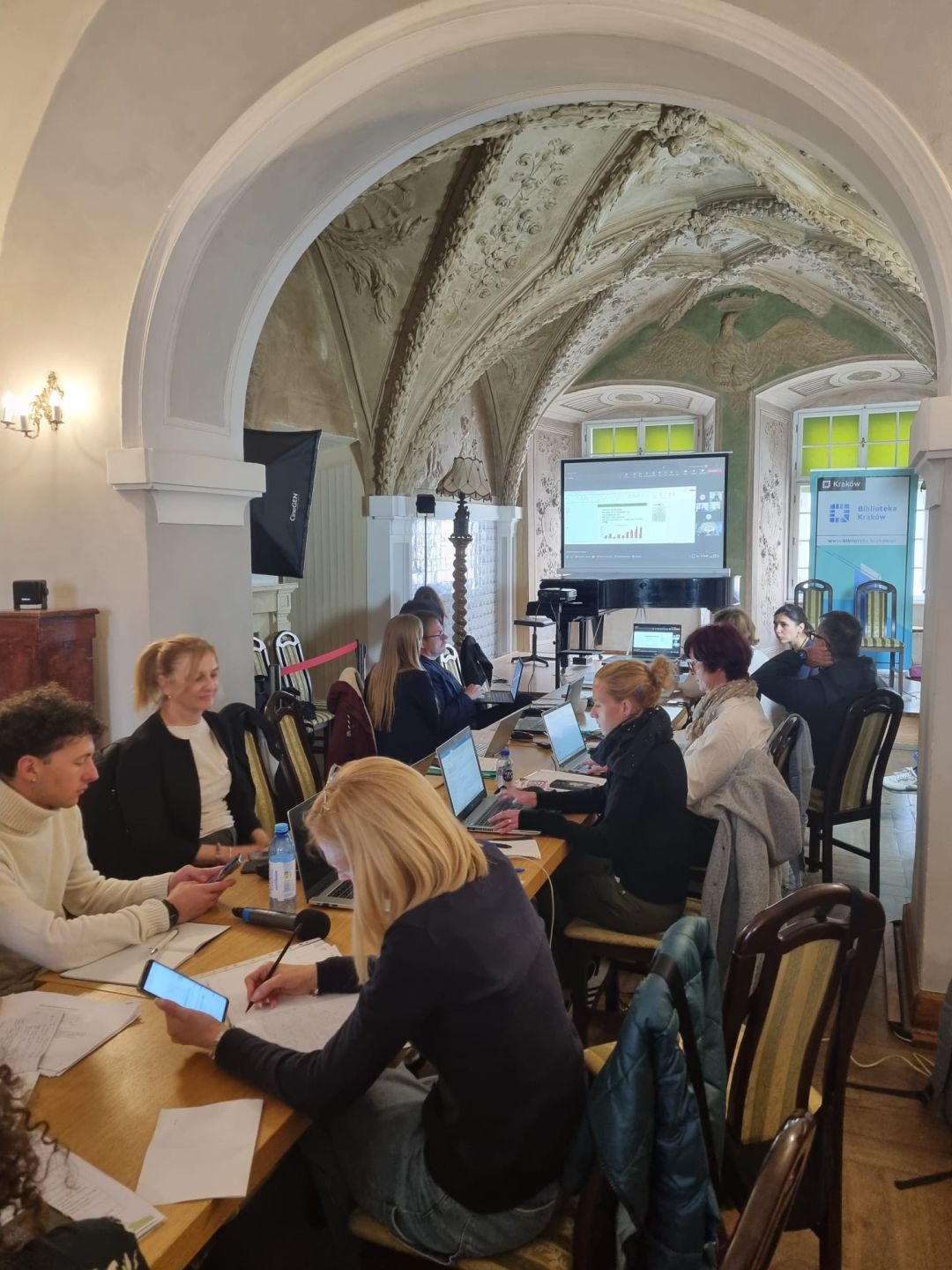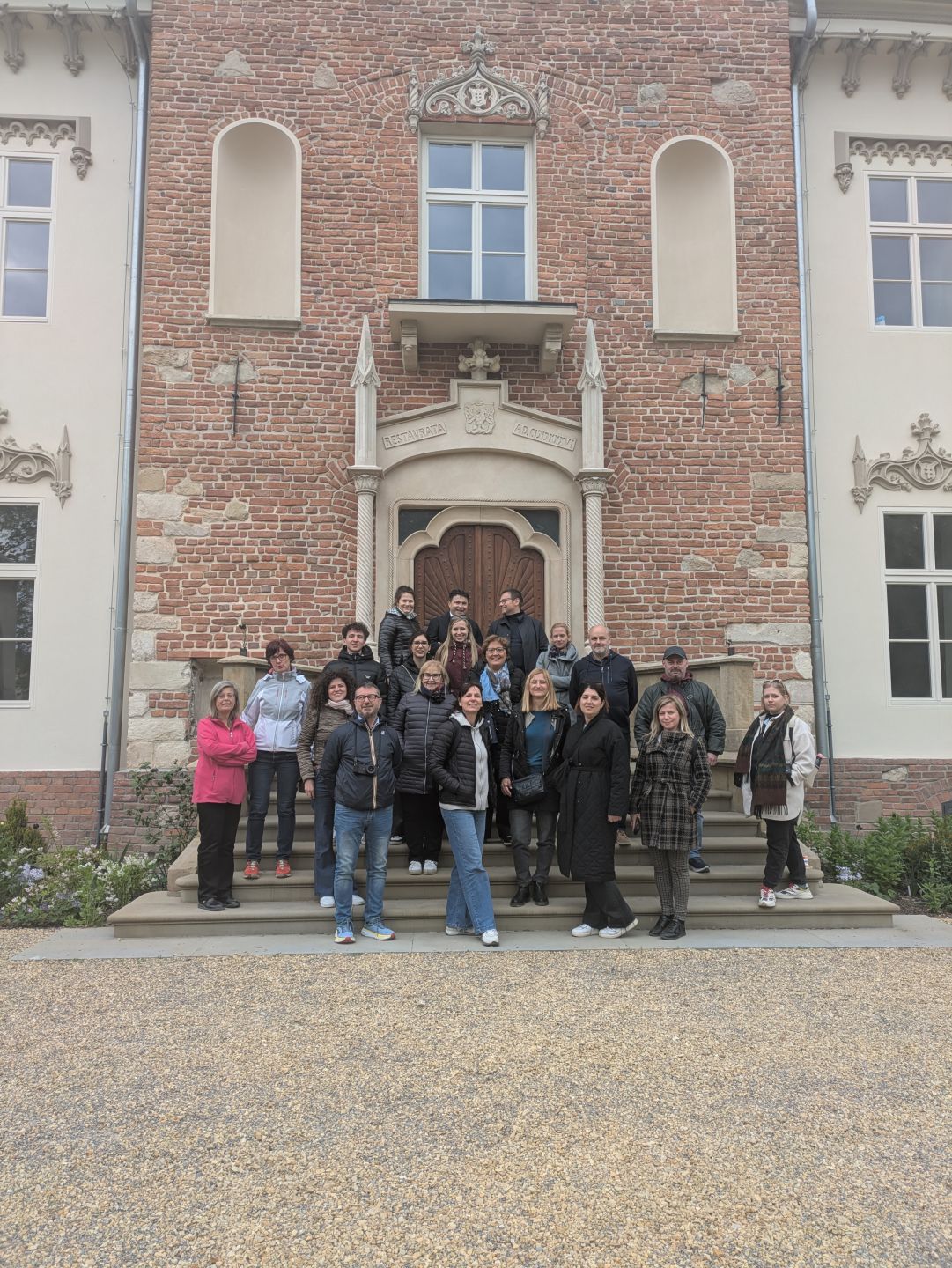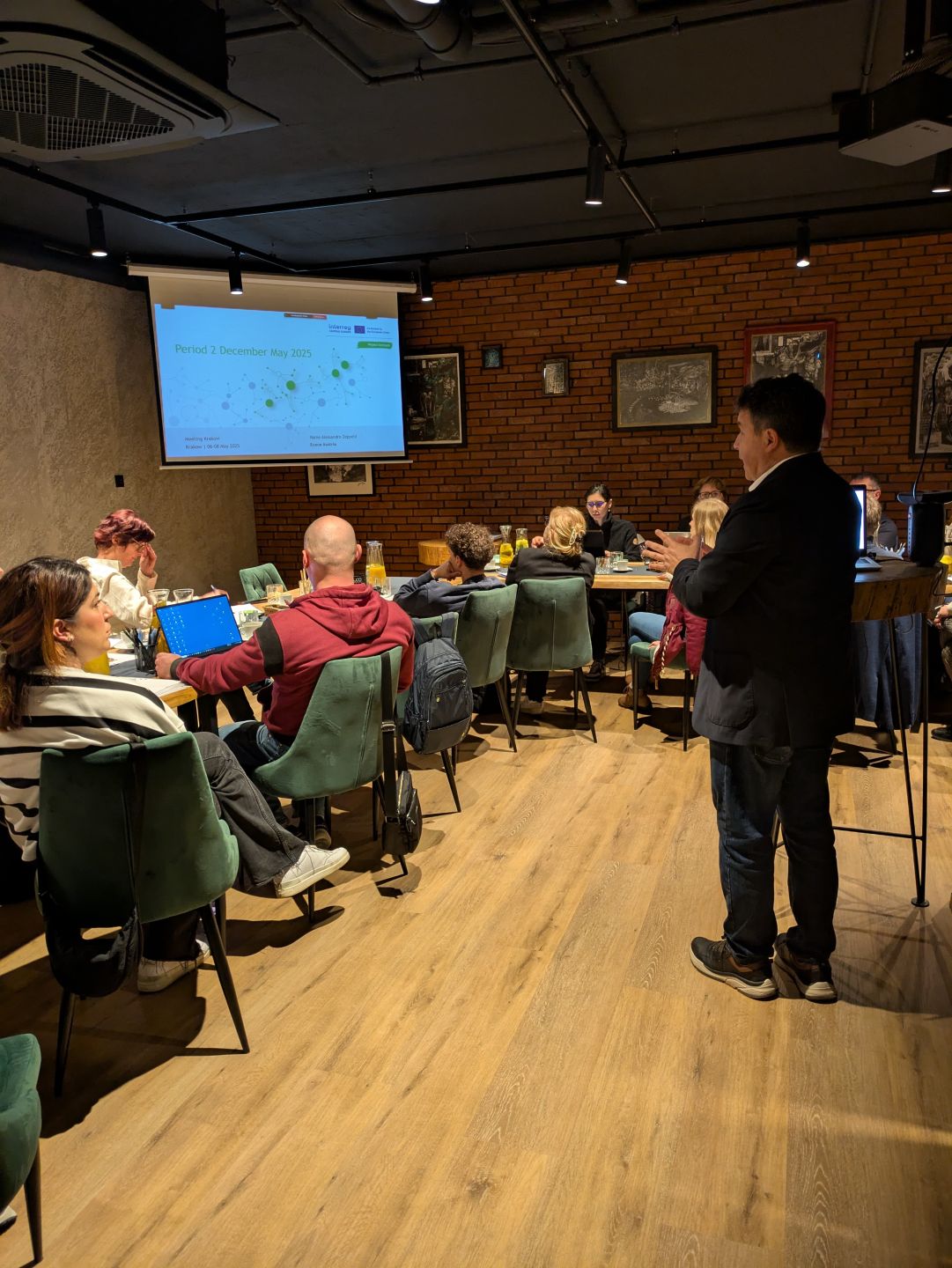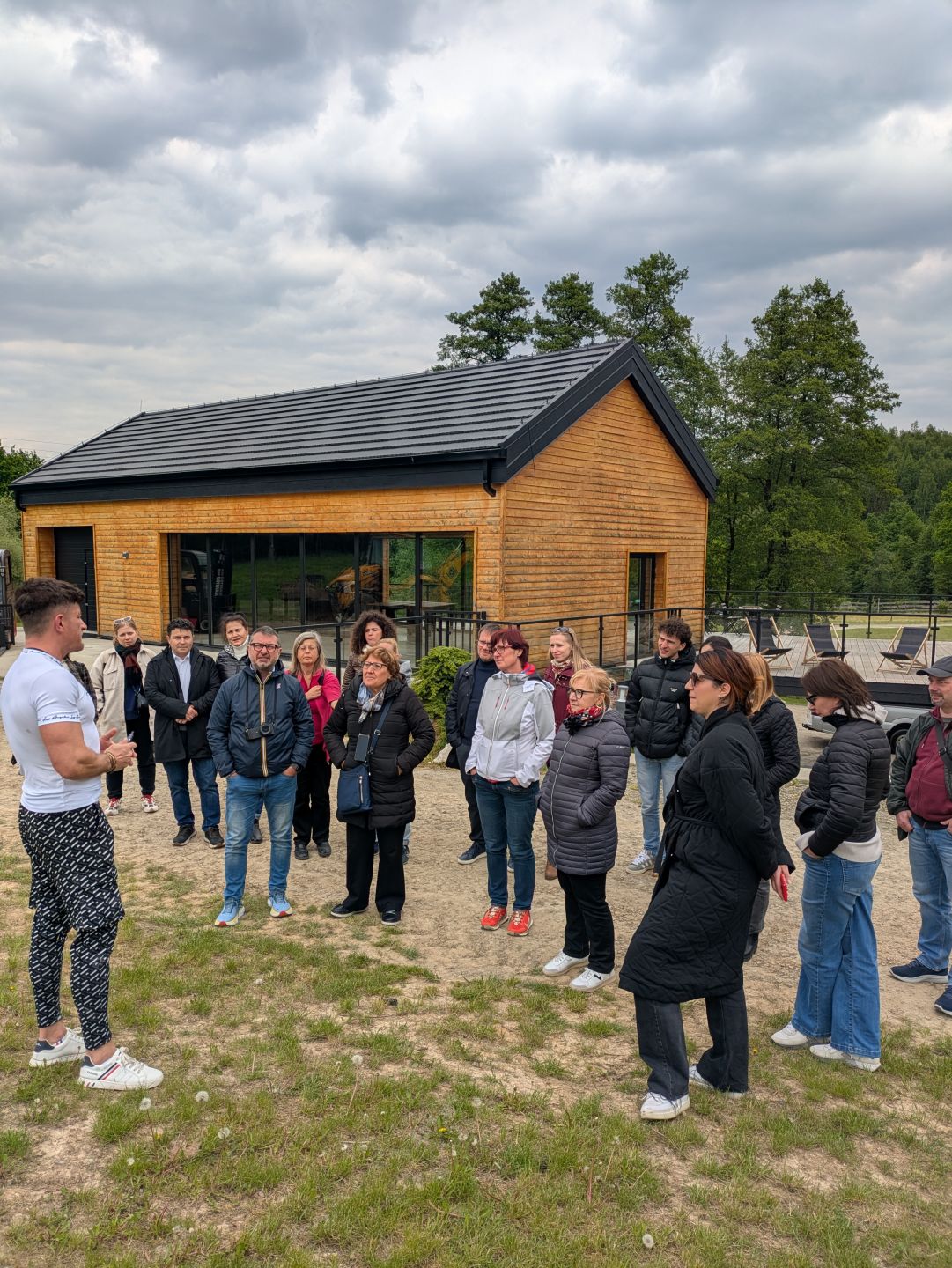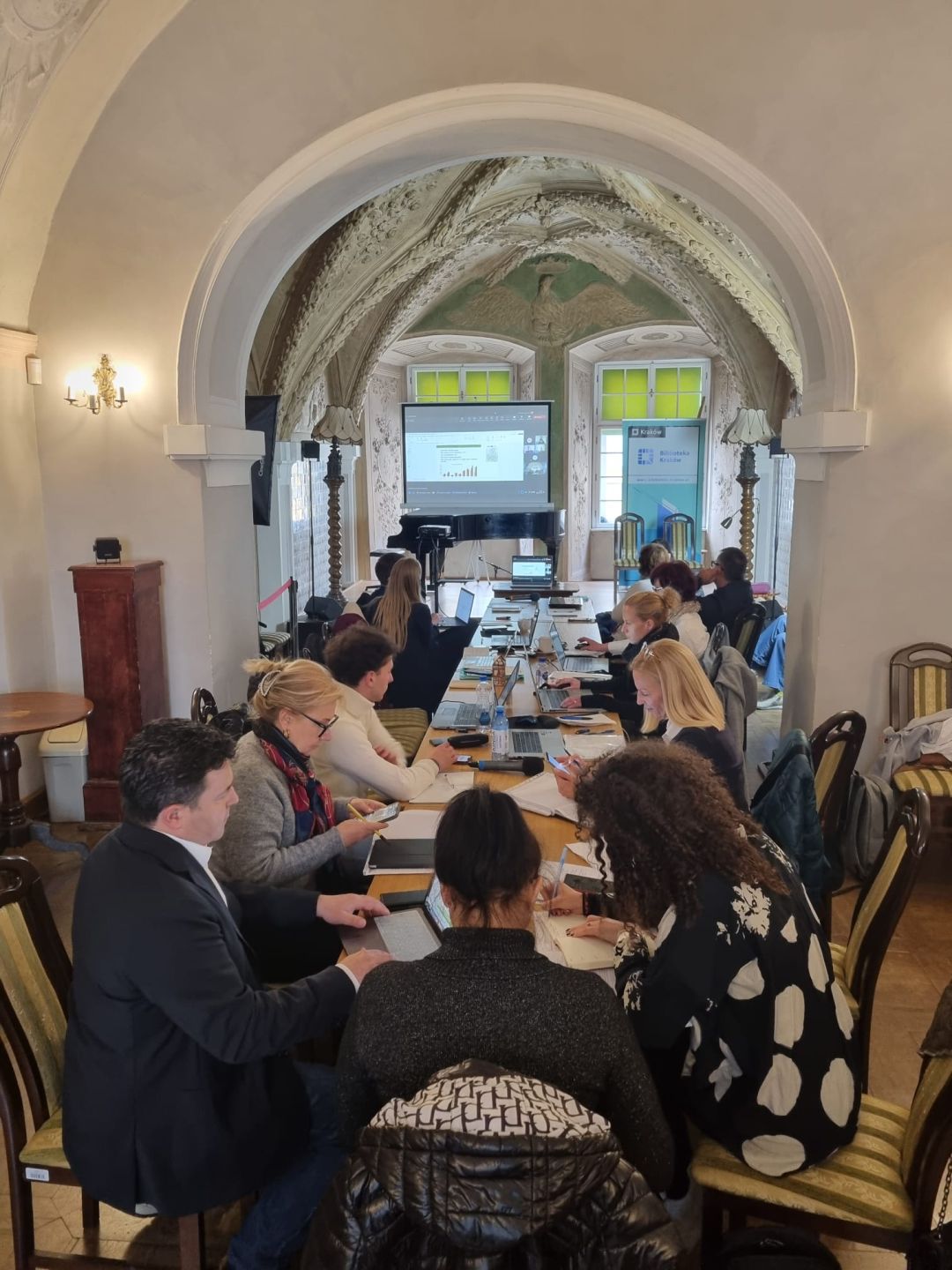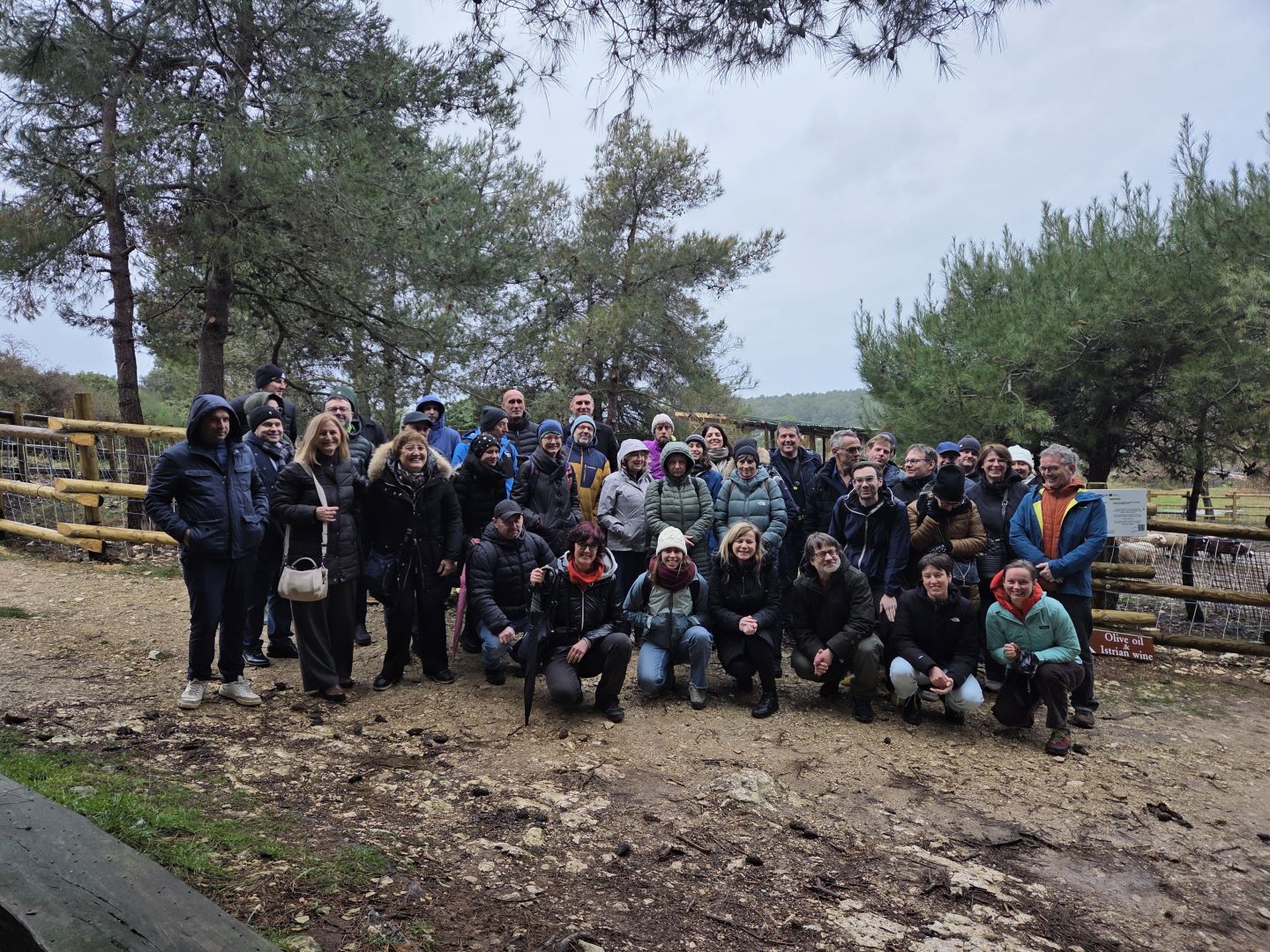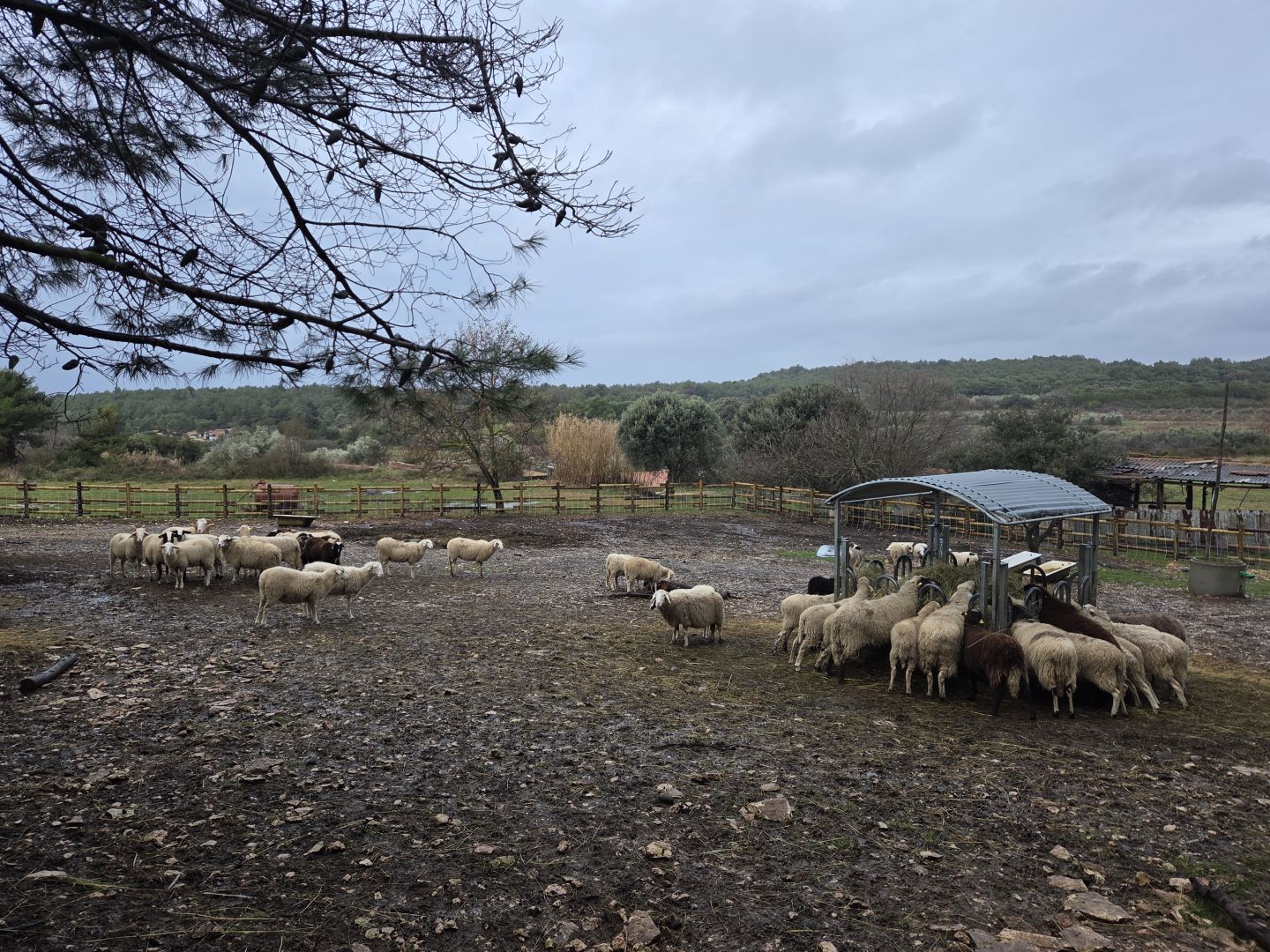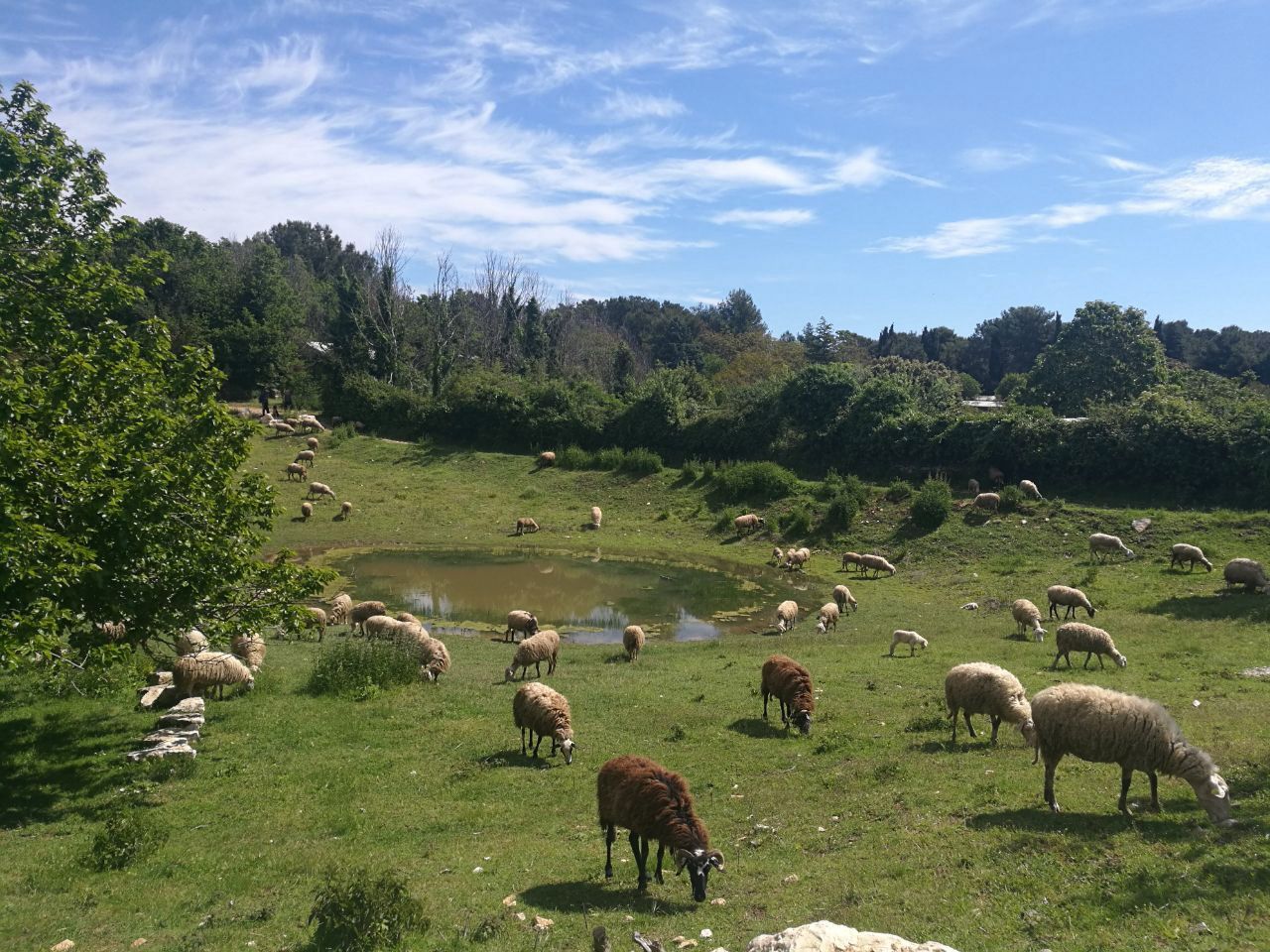
Central - BIC Central Europe Biodiversity Innovative Communities
Project name: Central-BIC Central Europe Biodiversity Innovative Communities
Total value of the project: EUR 2,353,468.34
ERDF co-financing (80%):
EUR 1,882,774.67
Project duration: June 2024 – November 2026
The Central-BIC project aims to develop new tools and methodologies for sustainable ecosystem management. The goal is to involve local communities, arable and livestock farmers and also tourists in the process of testing tailored solutions for ecosystem management and biodiversity conservation. The project activities involve the establishment of sustainable ecosystem management models including the use of native animal breeds (goats, sheep) to restore degraded grasslands, protect natural resources and develop sustainable tourism practices.
CHALLENGES
Central Europe faces major challenges in biodiversity conservation due to unsustainable ecosystem management. Rural communities often lack sufficient support to transition to sustainable management of their ecosystems, leading to biodiversity loss and habitat degradation. This project offers solutions that will enable an integrated approach to the protection of natural resources and their sustainable use.
Partnership:
Lead partner:
Liguria Region, Italy
Project partners:
- LAMORO Development Agency, Italy
- LAG EASTERN VENICE, Italy
- Kamenjak Public Institution, Croatia
- Zadar County, Croatia
- Ifuplan – Institute for Environmental Planning and Spatial Development, Germany
- Hajdú-Bihar County Government, Hungary
- Association of Municipalities of Małopolska Region, Poland
- Technical University of Kosice, Slovakia
- BSC, Business Support Centre Ltd., Kranj, Slovenia
- Development Agency of Idrija and Cerkno, Slovenia
- European Centre of Entrepreneurship Competence & Excellence, Austria
This project is funded under the Interreg CENTRAL EUROPE programme with co-financing from the European Regional Development Fund.
“Central Europe Biodiversity Innovative Communities”
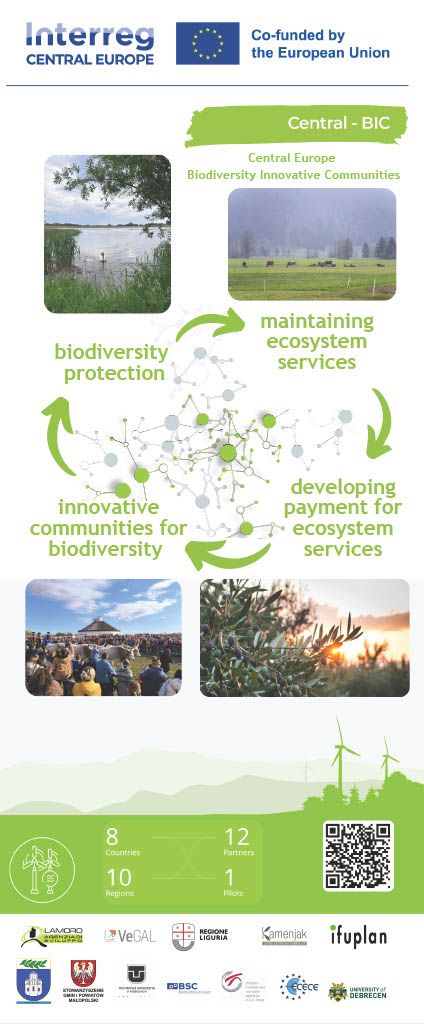
The main objective of the project is to restore degraded grasslands and prevent further biodiversity loss. Through this project, the Kamenjak Public Institution plans to implement an innovative grassland restoration model that includes the use of native domestic animal breeds, such as goats and sheep.
The first step of the approach is the introduction of goats, which will graze the pilot area for about three months. Next, sheep will take over and continue the grazing process.
The project aims:
- to restore 2 ha of Mediterranean dry grasslands and preserve existing grasslands within the Natura 2000 ecological network,
- to improve stakeholder engagement (administration, farmers and the local community),
- to track progress through baseline monitoring, comparisons with other clearing methods, and analysis of results.
Main activities:
- Ecosystem Services Assessment (WP1)
Kamenjak will conduct an ecosystem services assessment, sharing knowledge and expertise with other partners, and analyse the best approaches to preserving natural resources and biodiversity. - Analysis of tested models (WP2)
Kamenjak will analyse the results of applied grassland restoration models, in cooperation with other partners, and select the best methods for long-term restoration and conservation of grasslands. - Pilot project – Grassland restoration (WP3)
Kamenjak will conduct a pilot grassland-restoration project in the Lower Kamenjak area, introducing native domestic animal breeds (goats and sheep) as an innovative model for the restoration of dry grasslands. - Goats will be introduced first due to their ability to clear the maquis and garrigue, as they are able to stand on their hind legs and grab leaves, flowers and young branches of shrubs and trees.
- After the goats, sheep will continue the grazing process, as they are considered the most efficient in maintaining Mediterranean dry grasslands.
The Central-BIC: Central Europe Biodiversity Innovative Communities project has started with a kick-off meeting and represents an important step towards preserving biodiversity in Central Europe. This project is funded by the Interreg CENTRAL EUROPE 2021–2027 cross-border cooperation programme, and its objective is to develop sustainable communities that manage biodiversity in the region.
The project will last 30 months, with an expected completion date in December 2026.
More information about the project can be found at the following link:
From November 11 to 13, 2024, we participated in the partner meeting of the CENTRAL – BIC project, held in Škofja Loka, Slovenia. The meeting was hosted by the Slovenian partners, IDRIA and KRANJ.
On the first day, work package leaders presented the activities and results achieved so far, as well as plans for meeting the objectives in the second phase of the project implementation. Discussions were also held regarding the preparation of the first report, which will be submitted at the end of the first project period. The second day was dedicated to project activities, including presentations and discussions on habitat and ecosystem services assessment, socioeconomic analyses, and models for sustainable management and implementation of ecosystem services. Besides the working sessions, the second day also included a field visit near Idrija. During the visit, good practices for biodiversity conservation in the Gorenjska region were showcased, with a special emphasis on the importance of sustainable agriculture for preserving cultural landscapes and ensuring food security in remote and hilly areas.
On the third day, each partner presented their planned activities for the upcoming period, highlighting how these will contribute to improving biodiversity and introducing ecosystem services in their regions. After the working sessions, a final review of agreed activities and planning for future meetings took place.
Check out our video gallery, where we captured the most interesting moments from our days in Slovenia.
From May 6th to 8th, 2025, we participated in the transnational partner meeting of the CENTRAL - BIC project, which this time took place in Kraków, Poland. The host of the meeting was the Association of Municipalities of the Małopolska Region.
During the first working day, discussions focused on administrative and financial matters, as well as progress and plans within each of the three project work packages. The afternoon was dedicated to a field visit to the Carp Valley, where participants had the opportunity to take part in professional birdwatching led by an ornithologist and explore interesting sites in the Zator area, guided by the president of the Carp Valley Association.
The final day of the meeting was held at the “Pod Gruszką” Journalists' Club in the center of Kraków. Through brief presentations, project partners showcased the status of their activities in their respective regions, followed by discussions on WP1, WP2, WP3, communication activities, and the next steps of the project.
Take a look at our video gallery capturing the most memorable moments from our visit to Poland.
On the 25th of November, an online meeting of the 3rd Steering Committee of the Central- BIC project which is supported by the Transnational Cooperation Programme INTERREG CENTRAL EUROPE 2021-2027 with co-financing from the European Regional Development Fund, was held with other Project Partners, among whom the Public Institution of Kamenjak was present. During the meeting, project coordinators presented the work package status and implementation progress. After that, each partner held a presentation about the status of the project and local pilot activities. In the case of Public Institution of Kamenjak, the results of field research on target grassland habitat types of Lower Kamenjak were briefly presented and the progress on the construction of the livestock pen on the area of Lower Kamenjak was presented. Finally, a date was set for the field visit which will take place in the area of Public Institution od Kamenjak at the end of January 2026. Also, all partners on the meeting were invited to include and invite their local stakeholders which are involved in integrated tourism, agricultural production and livestock farming to become members of the innovative communities which were formed within the Central BIC project (Central BIC Stewardship Community). These communities have the goal of dedication to preserving biodiversity, sustainable land management and the enhancement of ecosystem services across Central Europe. Community can be joined by and supported by legal and physical entities by filling out a short questionnaire, and the membership does not present any legal or financial obligation, but represents the support to the values and the cooperative spirit of the Community. By providing the name of the organisation or one’s own full name, you will receive an official Certificate of Membership to the Central BIC Stewardship Community. You can access the questionnaire by clicking on following link. https://docs.google.com/forms/d/e/1FAIpQLSfUh2kAzPgBQqTFtEc0bkPIqSocs3I_pv3mBJUXtDsfVpIz6A/viewform?usp=header

As part of the INTERREG Central-BIC (Biodiversity Innovative Communities), Public Institution Kamenjak, together with Zadar County, was the organiser of the Fourth Partner Meeting and study visit in the area of South Istria, and was held from 27th January 2026. to 29th January, 2026.
Various activities were organised for the partners and stakeholders, which included the presentation and the tour of the Significant Landscape of Lower Kamenjak and Medulin Archipelago, and the livestock pen that was set up as part of the project. After, the partners and stakeholders together visited the livestock farm “Šantamarina”. Also, visits to local oil mills (Chiavalon, Oio Vivo) were arranged for the stakeholders, alongside partner meetings and partner presentations. Also, AZRRI (Agency for rural development of Istria) has presented to the partners and stakeholders the project of revitalisation of indigenous Istrian breeds, after which the stakeholders had the chance to present their best practice examples, and have then visited the AZRRI Educational-gastronomic Center in Pazin, while the partners attended the visit the “Nono Bruno” oil mill.
On this meeting and study visit, all partners and their stakeholders have been present (8 countries,11 project partners), which amounted to about 50 people participating. The goal of the meeting was to coordinate project activities, share best practice experiences and examples and strengthen cooperation between partners and stakeholders.
„The Central – BIC project is supported by the Transnational Cooperation Programme INTERREG CENTRAL EUROPE 2021 – 2027 with co-financing from the European Regional Development Fund”.
Javna ustanova Kamenjak
Selo 120, HR-52100 Premantura
OIB: 09968170983
IBAN: HR5523400091110331952
Tel: +385 52 575 283
E-mail: info@kamenjak.hr
Pravila privatnosti | Uvjeti kupnje
Copyright 2026. Javna ustanova Kamenjak
Izrada web
stranica:
Play
Digital d.o.o.
Izrada Web aplikacije sufinancirana je sredstvima Europske unije iz Europskog fonda za regionalni razvoj.
Autori fotografija:
Morena Sinčić, Lovro Barbalić, Toni Koren, Petar Kružić, Bojan Širola,
Andrej Radalj,
Nediljko Landeka, Denis Bakša, Ivan Rosanda, Damir Grgić, Tibor Bereš, Ivica Lolić, Renata Šimić
 EU Projects
EU Projects English
English
